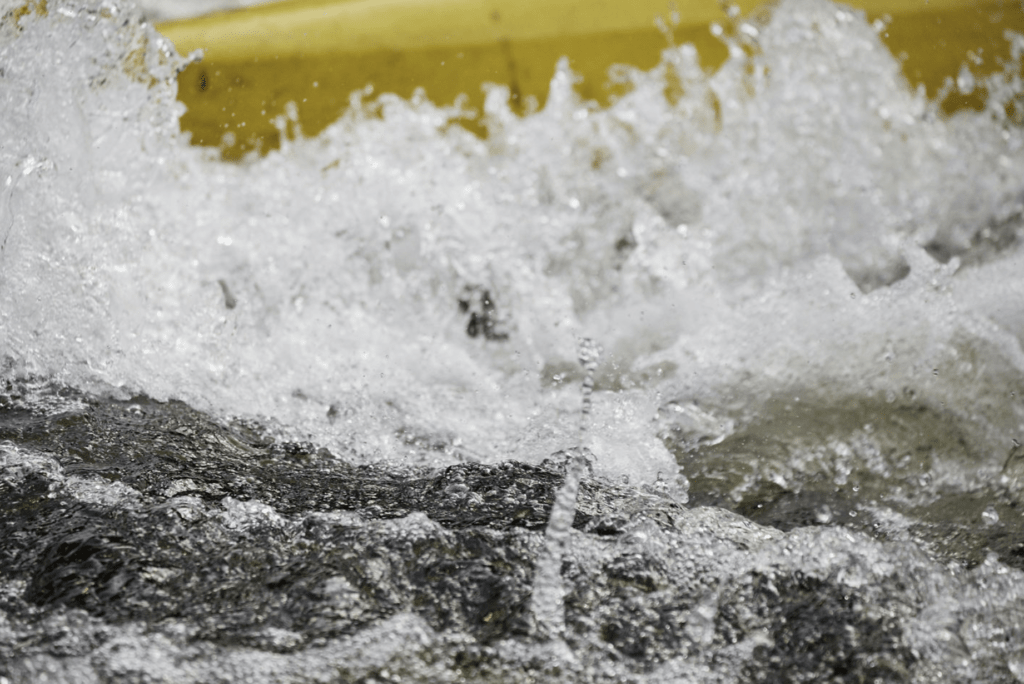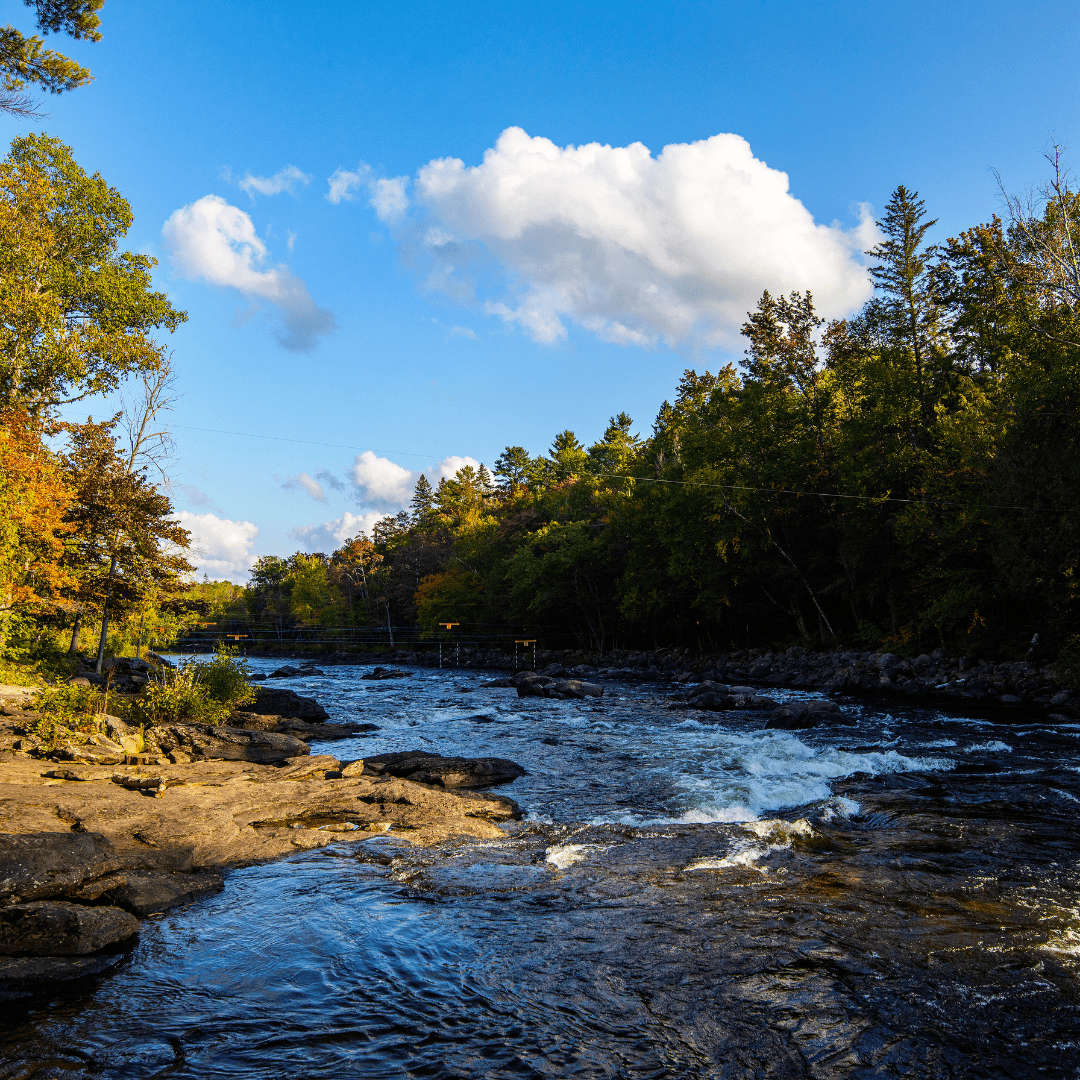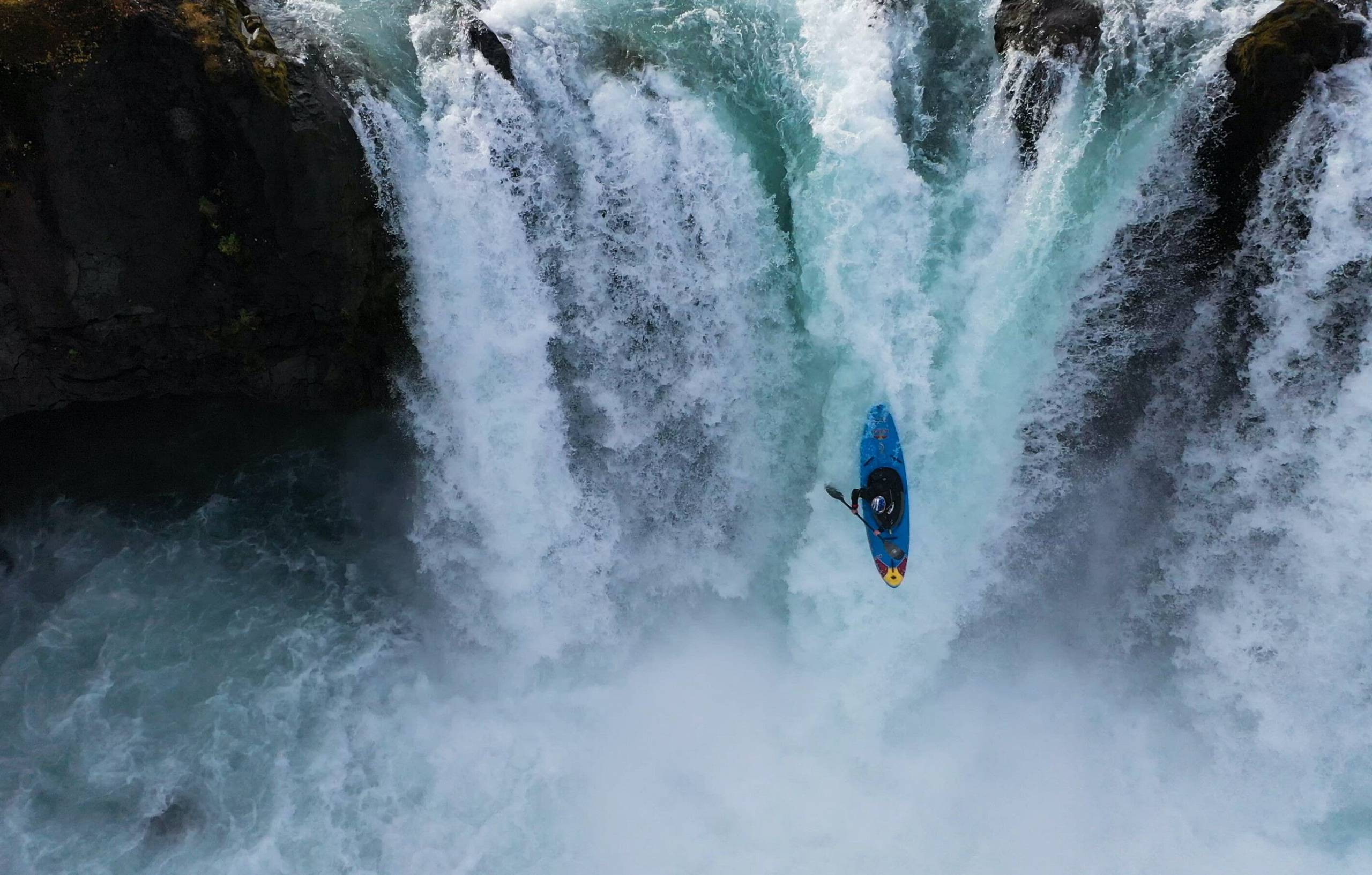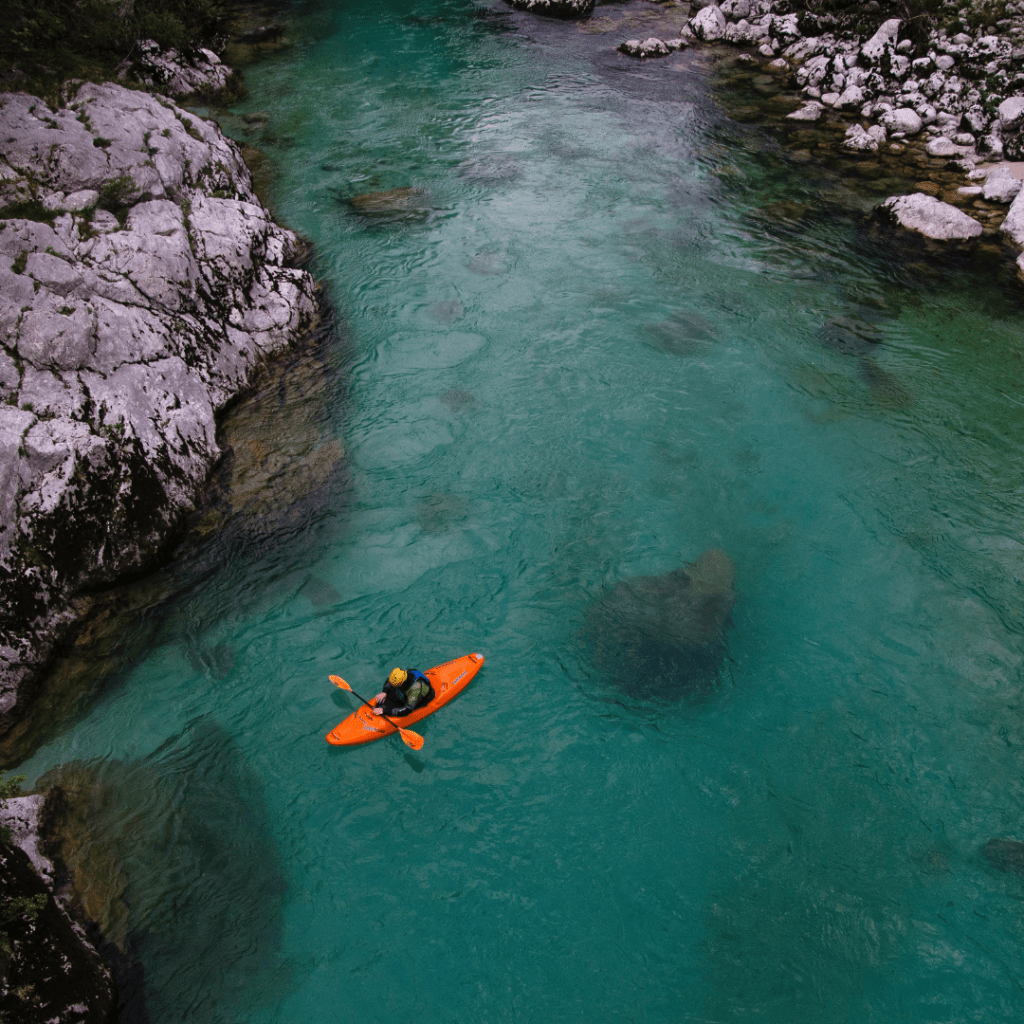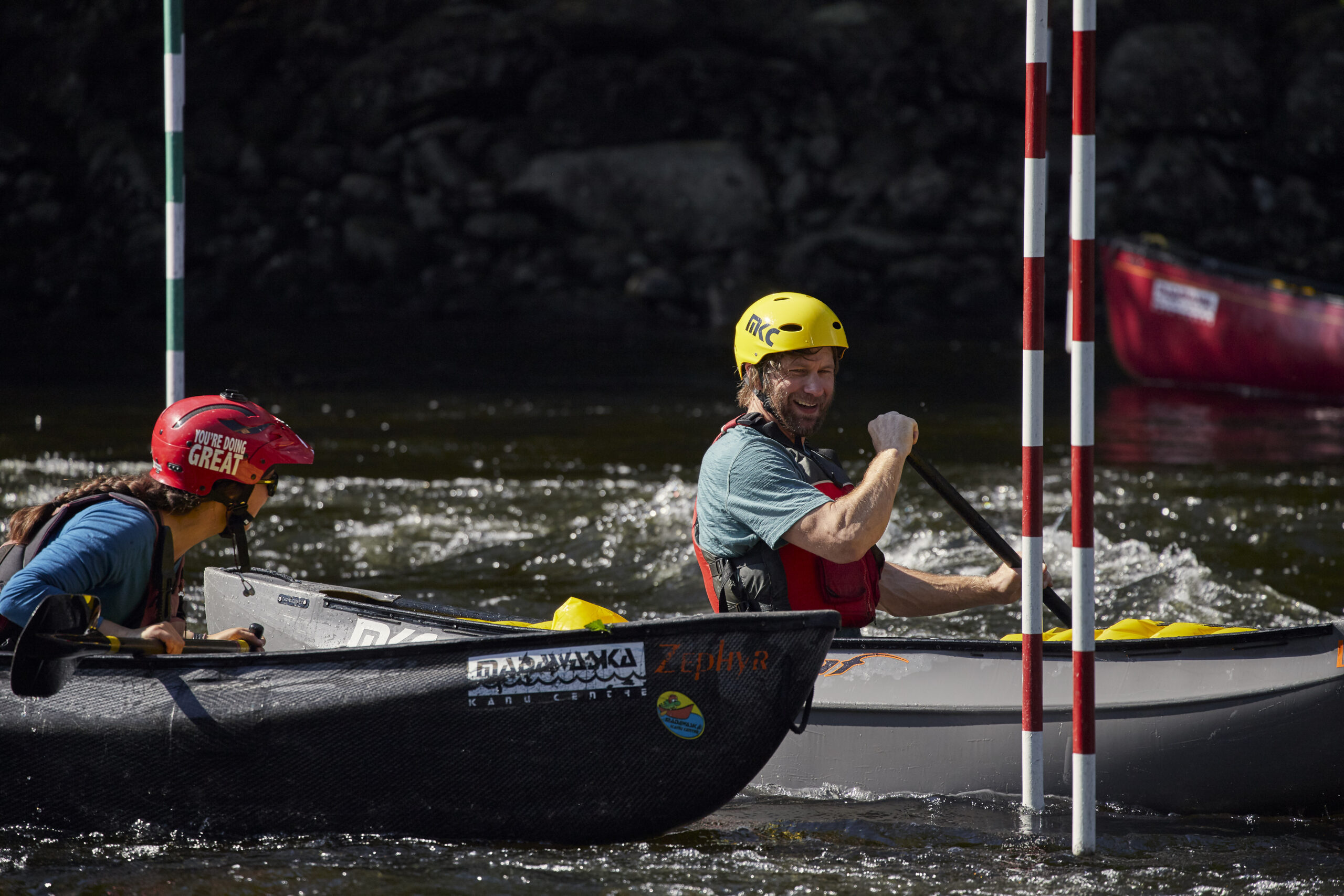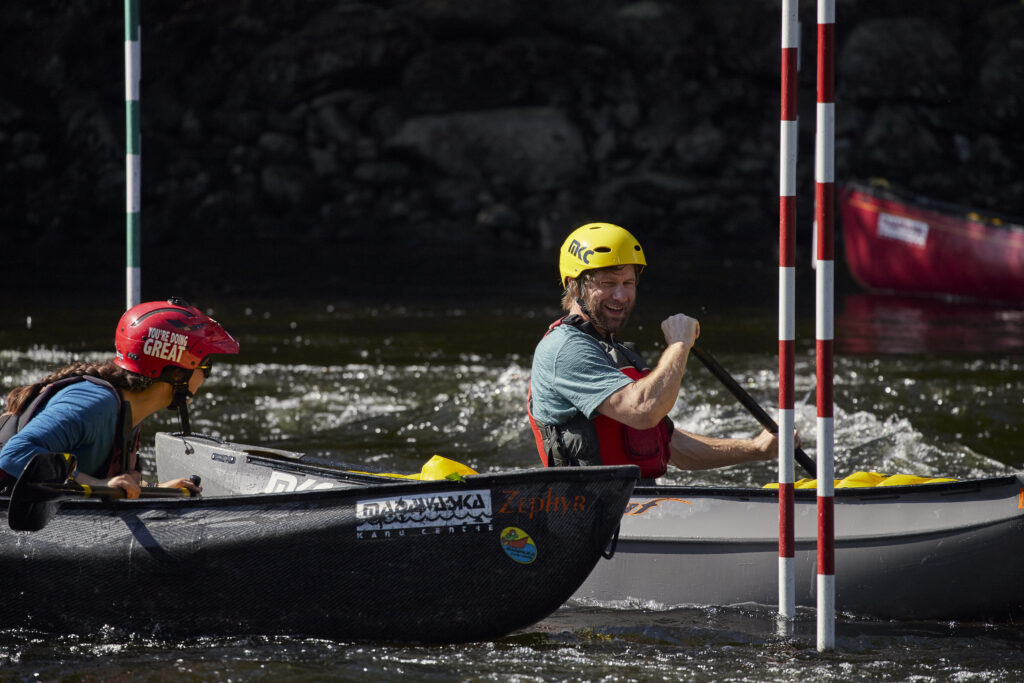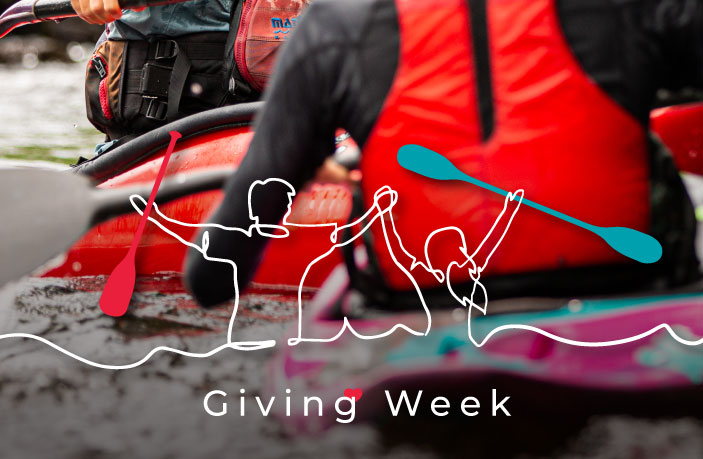We recently had a chance to sit down with the lovely, fierce, and adventurous, Roni Hoffman, and oh boy, was it an amazing conversation. We covered everything from how she discovered MKC, the different emotions she experiences on the river, which whitewater paddling technique she’s still working on, and so much more! Relax, grab your favorite snack, and read up on this beautiful story/interview on how Roni got started and where she is now on her whitewater paddling journey.
1) What is your background and how did you hear about Madawaska Kanu Centre?
I grew up being outdoorsy, and while I had done a lot flatwater canoeing and camping with my family, I’ve always been curious about whitewater kayaking. I just didn’t know how to access it or where to begin. So, I googled ‘whitewater kayaking instruction’ (actually!) and Madawaska Kanu Centre popped up.
The resort seemed perfect because it has this rustic, wilderness feel – they had cozy cabins, hearty food, and it was clear that they made it easy to try the sport for the first time. On my first trip, I went on my own, and I found that it is super welcoming for solo participants. You get placed into a class based on your skill level and everyone is friendly, so it’s really easy to join. Just get past the nerves and show up!
I make a lot of decisions in my day-to-day life with my job, so there’s something really freeing about being able to show up at 9:00 AM in my whitewater paddling gear, and…that’s it! The rest of the day is organized, and I already know I’m going to eat well, be active, and learn something new (the ideal vacation). While a major barrier to whitewater is often concern about safety, at Madawaska Kanu Centre, you know you’re in good hands with their expert instructors.
2) When did you first visit Madawaska Kanu Centre and what keeps you coming back?
I first started my whitewater kayaking journey in 2013, so it’s been about 9 years, and what keeps me coming back to Madawaska Kanu Centre is the ease and the people. In every class, there are always wonderful and interesting students who are eager to up their whitewater skills, and the instructors are always supportive and encouraging – I really appreciate their ‘challenge by choice’ mentality.
Additionally, there isn’t a “bro-y culture”. I don’t intend to ever go down waterfalls or ambitious features like that. I do understand that people like to challenge themselves and push limits (and there’s space for that too), but it’s just not my goal. My goal is to be in the outdoors, learn new skills, and disconnect from city life. It’s a beautiful place to just get away into the wilderness.
I started off in Madawaska Kanu Centre’s Woman’s Week and it’s such a special week to me because there’s a unique support system that exists in an all-female environment. I learned a lot from the other women, and they are still role models that I try and emulate on the river.
A funny little piece of advice they passed along to me was: don’t put sunscreen on your forehead because it will just end up in your eyes. It might seem simple, but I try to pass that tip along to the next beginner (It’s much easier to paddle if you can see what’s in front of you!)
3) What whitewater paddling skill are you most proud of yourself for learning? What skill are you still working on?
The skill I’m most proud of conquering? I would say getting my kayak roll. It just opens you up to the ability to try new things. When you’re able to roll back up after a flip (instead of having to swim), flipping becomes less of an ordeal and you think to yourself, “Okay I’m willing to try this again”, or “I’m willing to go higher in the current,” or “I’m willing to go after this new move.”
A skill I’m still working on is the ‘Jet ferry’. I love that it feels like you’re one with the river. You’re not trying to overpower the river, you’re just working together with it. There’s something special about that feeling.
4) Why is learning from the river so enriching for you?
First, the Middle Madawaska River is a great river to learn from because it offers features for various levels of whitewater kayakers and canoeists. I started as an absolute beginner on the river and now I’m doing intermediate/advanced classes – and still learning just as much.
Over the years, I’ve been able to reflect and see my skills progress. Things that used to petrify me as an absolute beginner, I can laugh at now (in a good way). There is something very special about returning to the same river as a different paddler and being able to see your own development.
When you have a connection with the river and you’re working with its features, you get to feel the mastery of a skill. If you’re doing a move right, it suddenly feels so easy because you’re no longer fighting the current, you’re working with it.
It’s interesting, I wasn’t good at whitewater kayaking when I started. I wasn’t a natural. I picked up the activity as an adult, so this is not something that I was born into. But I’m proud of myself for going outside of my comfort zone and committing to honing my skills to become the paddler I am today. My biggest motivators: I love being outdoors, I love learning new things and I love water – I’ve simply always just been so drawn to it
5) How would you describe the feeling(s) you get on the river?
The honest answer is that I go through all the emotions at once. There are still times where I feel petrified and other times where it’s very exhilarating, but all in all, it teaches me to be present. You have to pay attention to what’s in front of you and be aware of your surroundings, so you can’t be thinking about your job, the emails you didn’t answer, or any frustrating life situations. In some ways, that focus is meditative. So, I think the river teaches me to live in the moment and appreciate the nature around me.
6) How would you describe your time at MKC overall?
There is obviously a lot of history at Madawaska Kanu Centre, and I love that Stefi is so conscious about making thoughtful updates that reflect our changing world – it’s a very easy small business to support. I have friends who are curious about whitewater and I’m always telling them “You should go!” Over the years, I’ve loved being able to bring people with me, even if they’re not in the same class.
Overall, I think it’s a lovely and supportive environment and the instructors are exceptional. They genuinely care about their students’ learning needs and interests. It’s easy to see why these rivers foster a close-knit paddling community. If someone flips over and gets their roll, the whole entire river is cheering them – or, if the roll doesn’t pan out, there’s someone to rescue you. I do find that when I’m at Madawaska Kanu Centre, I push myself harder because I feel that it’s safe to do so. I love having that space that I feel comfortable to try new things.
It certainly doesn’t hurt that the resort itself is beautiful and peaceful, and the food is excellent. It is truly the kind of place where I can just show up and know I’m going to have a rejuvenating vacation.
We hope that you enjoyed reading this just as much as we enjoyed chatting with her and getting a glimpse of her 8 plus year journey. As you can see, no matter what your experience is with whitewater paddling, you can start today and grow at your own pace, safely learn everything you need to know, and ultimately embark on an awesome whitewater adventure. If you are interested in more information, browse our website and check out all of our offerings, or, contact us on our website, here: https://www.mkc.ca/about-us/contact-us/ to ask any burning questions that you may have.
Let’s journey the river together…the river is calling.
